President reviews proposals to improve education and teacher training in Uzbekistan
On April 21, President Shavkat Mirziyoyev reviewed a presentation on enhancing the quality of school education and improving the teacher training system.
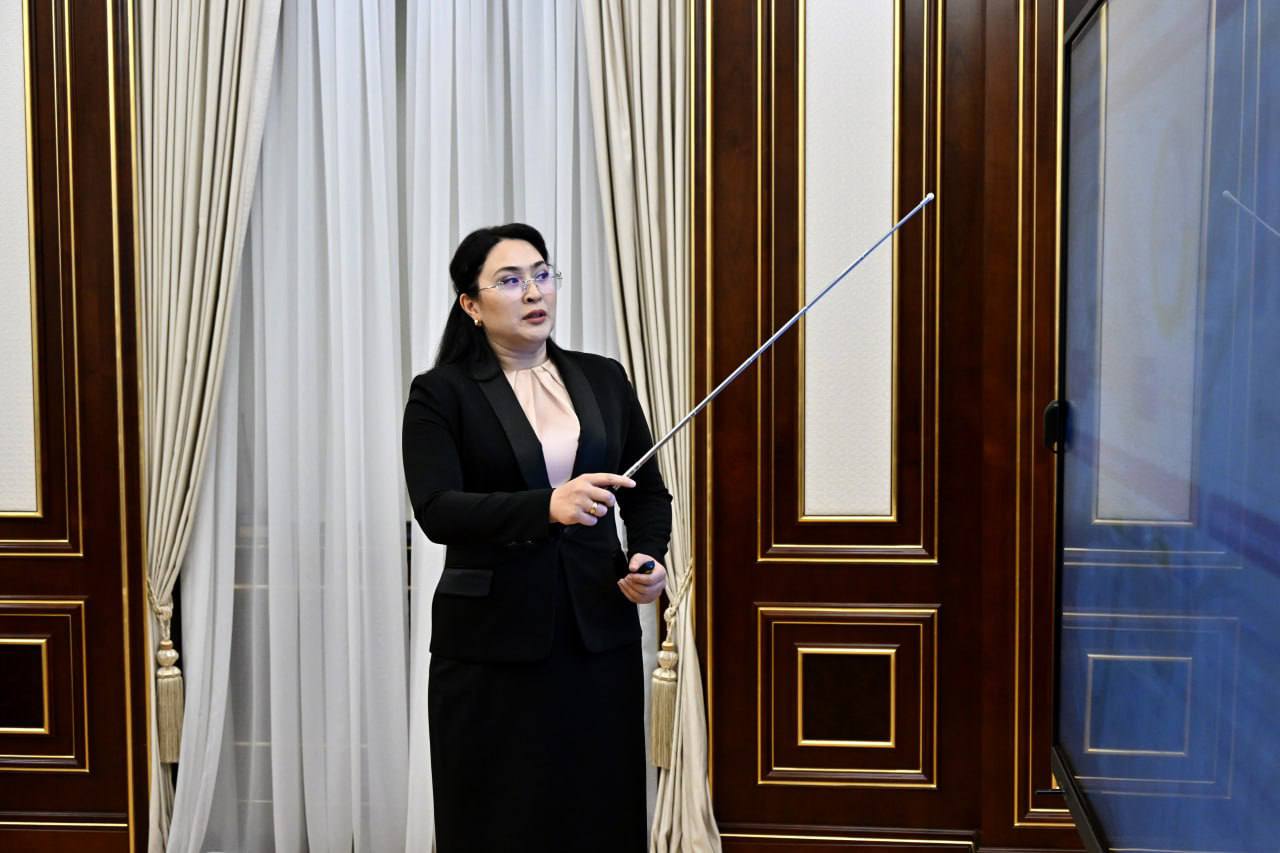
Photo: Presidential Press Service
The Uzbekistan – 2030 Strategy identifies reforms in the education system as one of the country’s top priorities. This year’s state program also sets numerous tasks aimed at improving school conditions and raising a well-educated young generation.
Much of this depends on the knowledge and qualifications of teachers. Currently, there are 15 public and 61 private higher education institutions in the country offering degrees in pedagogy. However, their overall scientific potential remains low – at around only 40 percent.
A large portion of student admissions is concentrated in social science fields, while there is a serious shortage of teachers being trained in exact and natural sciences. Moreover, 40 percent of students are enrolled in distance education programs.
To address these challenges, plans are in place to transform Tashkent State Pedagogical University into the Uzbekistan National Pedagogical University and to implement a project aimed at developing future teachers. This university will serve as a flagship institution for all pedagogical institutes across the regions.
At “New Uzbekistan” University, more than 40 foreign lecturers and 30 distinguished compatriot scholars are currently teaching. Students have attracted a total of 24.3 billion UZS in grants for their projects across various disciplines. Plans were presented to use this potential to develop training in modern fields such as engineering, digital technologies, artificial intelligence, and medicine, as well as to establish new laboratories.
Furthermore, in order to ensure the integration of science, education, and practice, a modern university clinic is set to be established at the institution using advanced German experience.
International methodologies are also being introduced to assess the quality of education. This year, the knowledge of 9,000 15-year-old students from 233 schools will be evaluated through the international PISA program.
Currently, around 2,000 schools are operating under heavy capacity. To address this, the state budget will fund the creation of 112,000 new student places this year. As the population continues to grow, so does the demand for schools. Therefore, plans are underway to attract $200 million from the Islamic Development Bank to construct 58 modern schools in various regions.
According to analysis, 80 percent of school-aged children are actively using the internet and social networks. While certain measures are being taken to protect them from harmful information, there are still only a limited number of creators producing engaging and culturally relevant national content that has a strong educational influence on youth.
Based on this, the president issued instructions to create a safe information environment for children, increase the production of national content, and support content creators.
Related News
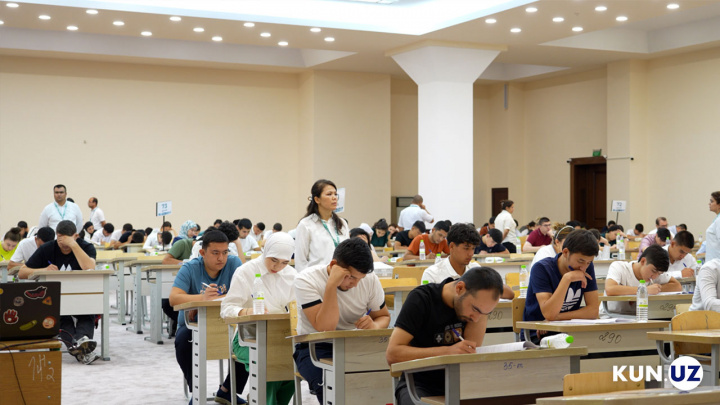
13:33
University entrance exams begin for over 670,000 applicants in Uzbekistan
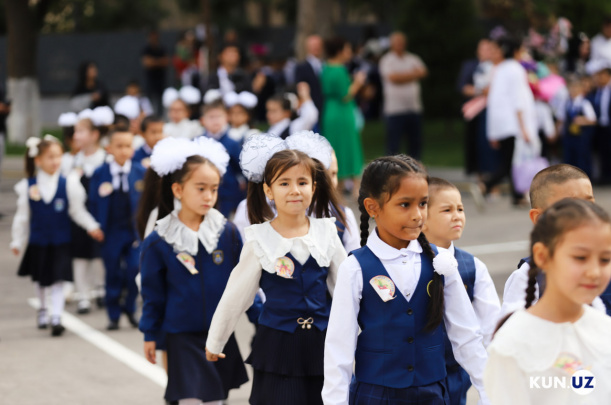
14:25 / 08.07.2025
School placement guaranteed for all children, regardless of residency status – Ministry
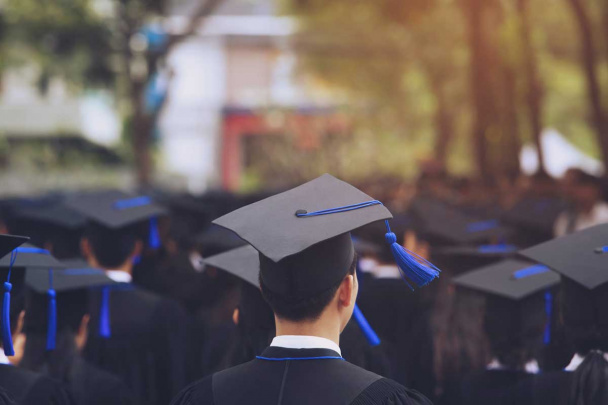
13:26 / 08.07.2025
Master’s admissions open: Language proficiency certificates required
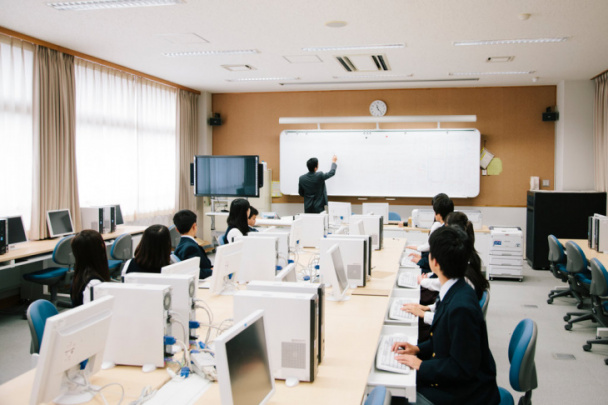
12:24 / 03.07.2025



